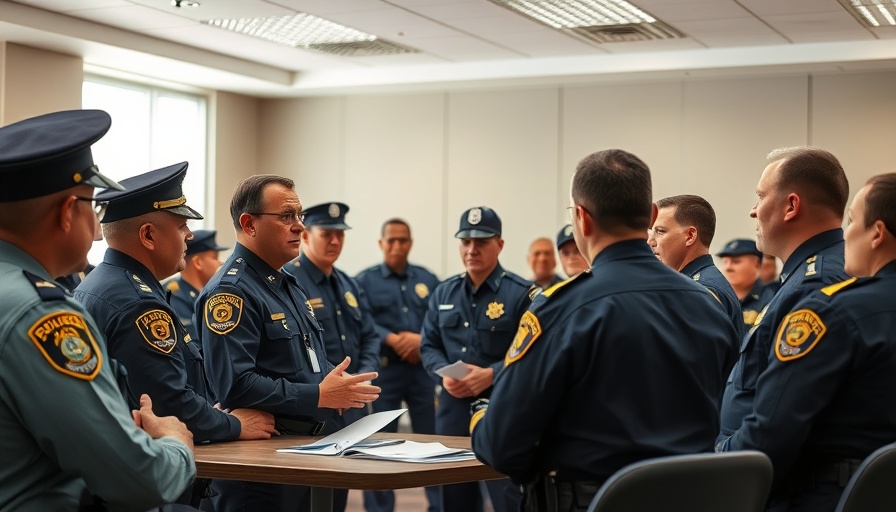
Grand Jury’s Findings: A Turning Point for MNPD?
In a significant development, a Davidson County grand jury has found merit in allegations of misconduct against the Nashville Metro Police Department (MNPD). These findings have raised important questions regarding police accountability, community trust, and the ever-evolving landscape of public safety.
The Case Against MNPD: An Insight into Allegations
The grand jury's report indicated credible misconduct claims against MNPD officers, prompting widespread media coverage and public concern. However, MNPD has responded, claiming that the testimonies presented were one-sided, casting doubt on the validity of these findings. This tension between the grand jury’s conclusions and police assertions underscores a critical moment in the examination of law enforcement practices. Where do we draw the line between genuine concerns and potentially distorted narratives?
Community Perspectives: Trust or Distrust?
The immediate reaction from the community reveals a spectrum of opinions on the findings. While some community advocates view the grand jury's conclusions as a necessary acknowledgment of systemic issues within the MNPD, others express skepticism. The accusations align with broader concerns regarding police-community relations, suggesting that the fallout could have lasting implications for trust between Nashville residents and their law enforcement.
Broader Implications: The Call for Police Reform
The MNPD situation is not insular; it mirrors a national discussion about police reform. Across the country, communities are grappling with issues surrounding procedural justice, body camera policies, and the efficacy of crisis intervention strategies. Policymakers and law enforcement leaders must question whether current protocols foster accountability or if they merely perpetuate existing distrust. This is particularly vital in a time when police-community trust is critical to ensuring public safety.
Actionable Insights for Policymakers
In analyzing the grand jury findings, there are several actionable steps that policymakers and police leaders can take to address community concerns. First, fostering open channels of communication between police departments and the communities they serve can bridge the trust gap. Policing strategies based on community engagement and transparency can serve as a new foundation in policing, aligning more closely with community values and needs.
Moreover, understanding public safety data analysis strategies can offer valuable insights into officer involvement in misconduct and improve overall departmental operations. Implementing technology advancements in policing, such as body cameras and improved data analysis methods, can also provide greater transparency and accountability.
Conclusion: The Road Ahead for MNPD and Nashville
The findings by the Davidson County grand jury present an opportunity for MNPD to engage in meaningful reform and dialogue with the community. As Nashville navigates this examination of its policing practices, it is crucial for all stakeholders to focus on developing strategies that promote accountability, enhance officer wellness, and build public trust in law enforcement. Policymakers must take these findings seriously and be willing to implement comprehensive police reform strategies that address community concerns and foster a safer environment for all.
 Add Row
Add Row  Add
Add 

 Add Element
Add Element  Add Row
Add Row 




Write A Comment